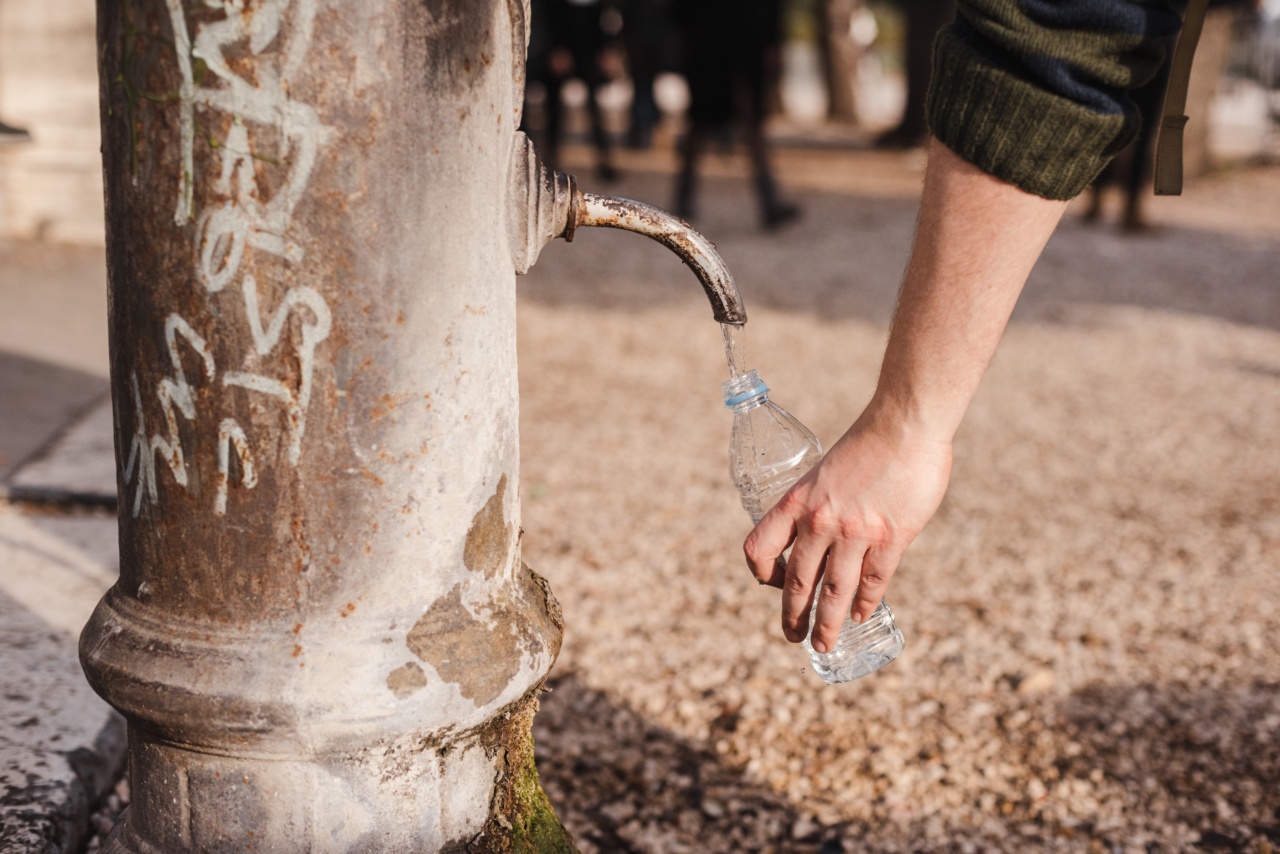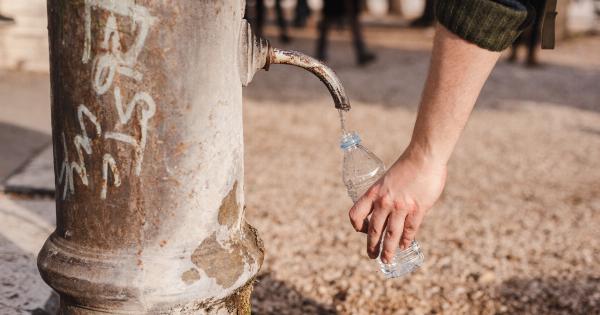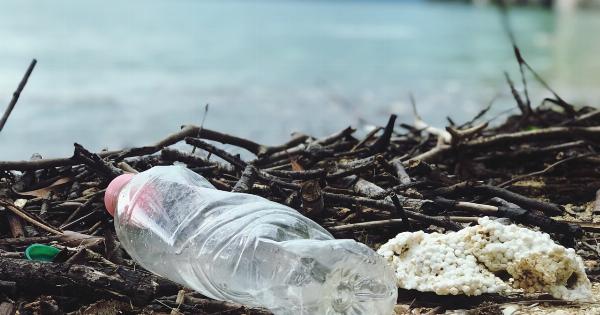Plastic bottles have become the go-to choice for many individuals when it comes to carrying and storing water. They are portable, convenient, and easily accessible.
However, not all plastic bottles are created equal, and certain risks arise when water is consumed from sun-damaged plastic bottles. In this article, we will explore the potential dangers associated with drinking water from sun-damaged plastic bottles.
1. Chemical Leaching
One of the main risks of drinking water from sun-damaged plastic bottles is chemical leaching. Over time, exposure to sunlight can cause the plastic to break down, releasing harmful chemicals into the water.
Bisphenol A (BPA) and phthalates are two common compounds found in plastic bottles that can leach into the water when exposed to heat and sunlight. These chemicals have been linked to numerous health issues, including hormonal disruptions, reproductive problems, and certain types of cancer.
2. Contamination
When plastic bottles are left in the sun for extended periods, they become an ideal breeding ground for bacteria and other microorganisms.
The combination of warmth and moisture promotes the growth of these harmful pathogens, which can contaminate the water inside the bottle. Drinking water contaminated with bacteria can lead to gastrointestinal illnesses, such as diarrhea, vomiting, and stomach cramps.
3. Altered Taste and Odor
Exposure to sunlight can also alter the taste and odor of water stored in sun-damaged plastic bottles. The chemicals released from the plastic can interact with the water, resulting in a peculiar taste and smell.
This can make the water unappealing and difficult to consume, leading to a decreased intake of water and potential dehydration.
4. Reduced Nutrient Value
Drinking water from sun-damaged plastic bottles can potentially lead to a reduction in the nutrient value of the water. Sunlight exposure can degrade certain vitamins and minerals present in the water, diminishing their nutritional benefits.
This can be especially concerning for individuals who rely on bottled water as their primary source of hydration.
5. Environmental Impact
Aside from the health risks, drinking water from sun-damaged plastic bottles also contributes to the growing environmental crisis of plastic pollution. Sun-damaged bottles are more likely to be discarded and end up in landfills or bodies of water.
Plastics take hundreds of years to decompose fully, contaminating the soil, water, and air, and posing a severe threat to marine life.
Conclusion
While plastic bottles may seem convenient, it is essential to be aware of the potential risks associated with drinking water from sun-damaged plastic bottles.
Chemical leaching, contamination, altered taste and odor, reduced nutrient value, and the environmental impact are all relevant concerns. To protect our health and the planet, it is advisable to choose safer alternatives, such as reusable stainless-steel or glass bottles, and ensure proper storage and protection from sunlight.































